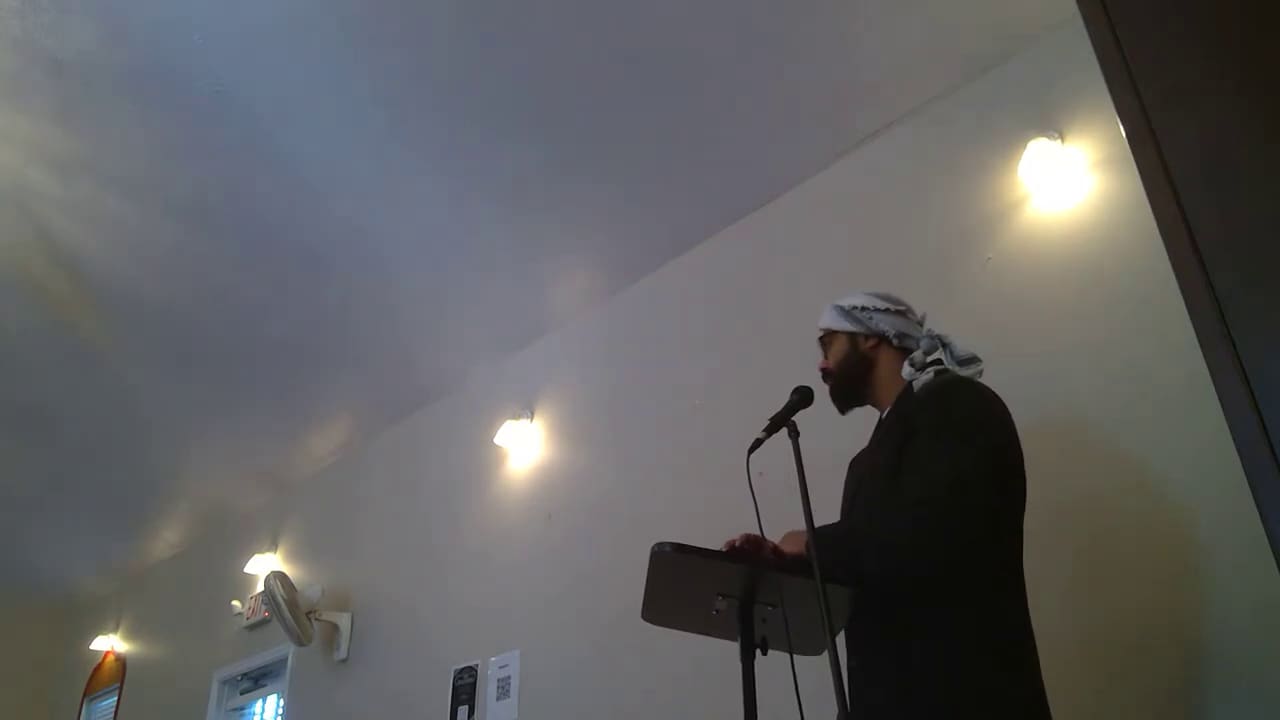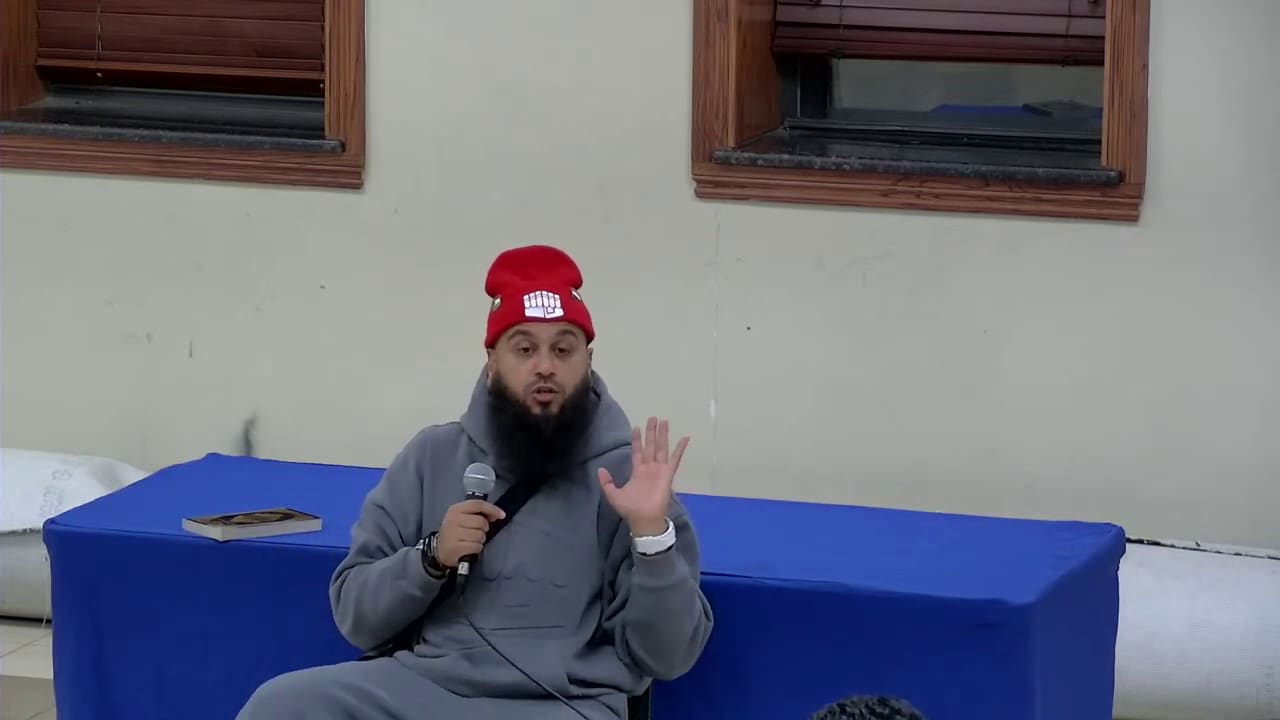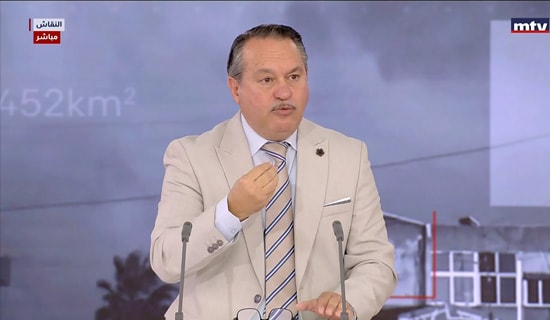
Following are excerpts from an interview with Lebanese film director Ziad Doueiri, which aired on Al-Arabiya TV on May 24, 2013:
Interviewer: Your movie was filmed in Israel, in Hebrew, with an Israeli actress. Doesn't this contravene Lebanese law?
Ziad Doueiri: Technically, it is not against the law to film a movie in Hebrew. What was against the law was my going to Israel, and filming a movie with some Israeli actors. True, that was against the law, but there are more important issues. The question is about the law itself. I went to Israel as a U.S. citizen, on a U.S. passport. Before going, I gave official notification to the military intelligence about this, so they would not think that I was collaborating with Israel behind their backs. I wrote a letter to the military intelligence and sent it through the Information Ministry. I presented myself and said that I planned to go to the occupied land, in order to film a movie in Palestine with some Israeli actors. I told them that I had to do this because the entire plot takes place between Tel Aviv and Nablus.
[...]
The insane committee [for boycotting Israel] talks about "normalization." They commercialize the Palestinian cause. We accuse anybody who is against us of supporting normalization, and this is a mistake. On my way here, on the Métro, I was thinking that the committee for boycotting Israel harms Lebanese artists, not Israel. It harms the spreading of our ideas, our narrative, abroad. They want to remain boxed in within the tiny Lebanese shack, which is managed by four or five people. They think they are punishing Israel, but they are punishing people like me.
[...]
Israel does not even respond to the U.S. and European pressure to stop the settlements. The last thing Israel cares about is Beirut's committee for boycotting Israel, which they probably never even heard of. The only way to change the conduct of the Israeli state is from within. The Israelis relate only to the Israelis. They ignore the Americans, the Russians, and the whole world. In my opinion, when you work together with these outstanding people, who have entirely proper attitude toward the Palestinians... They are constantly writing about the harm Israel inflicts upon the Palestinians. We need to lend them a hand. We must send them a message. We need to help them because they have an influence within Israel, and they can change the Israeli mindset much more than all those around them.
[...]
Interviewer: Do you believe that Arabs can blend into Israeli society, and vice versa?
Ziad Doueiri: I believe that this is the only solution. There will be only one state, not two. I have worked extensively with Palestinians from "within" – the actor Ali Suleiman and other crew members. To a certain extent, they are second-class citizens and suffer from racism, but their situation is not so bad. True, there are difficulties, but there are prominent Palestinian Israeli directors who have won awards. Half the pharmacists in Tel Aviv are Palestinian Arabs. I filmed in Ichilov Hospital in Tel Aviv, and I met an Israeli Palestinian doctor. He said: "I heard you were making a film about me." I said: "No, we aren't." He is the senior osteopath in that hospital, which is the most important hospital in Tel Aviv.
[...]

















